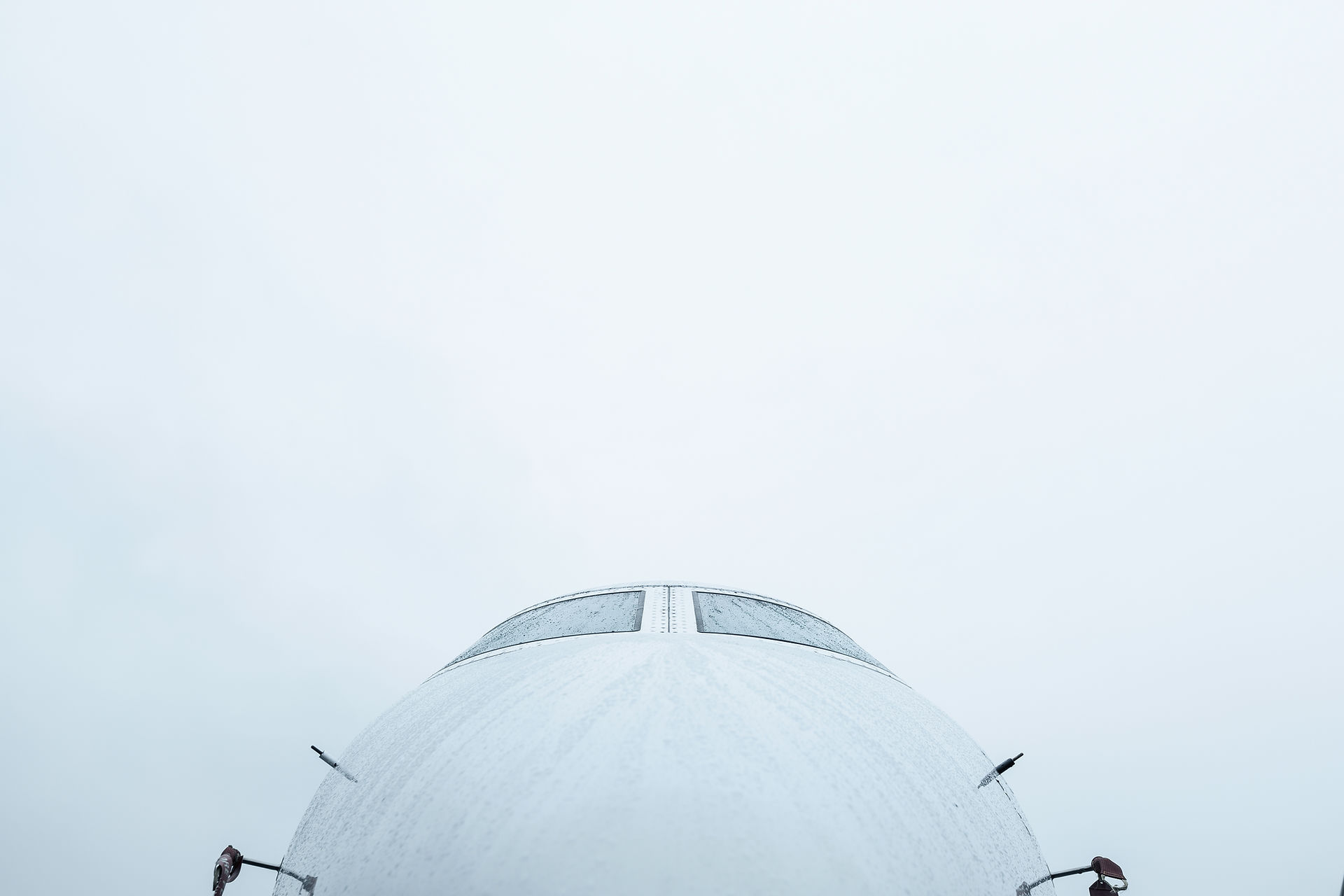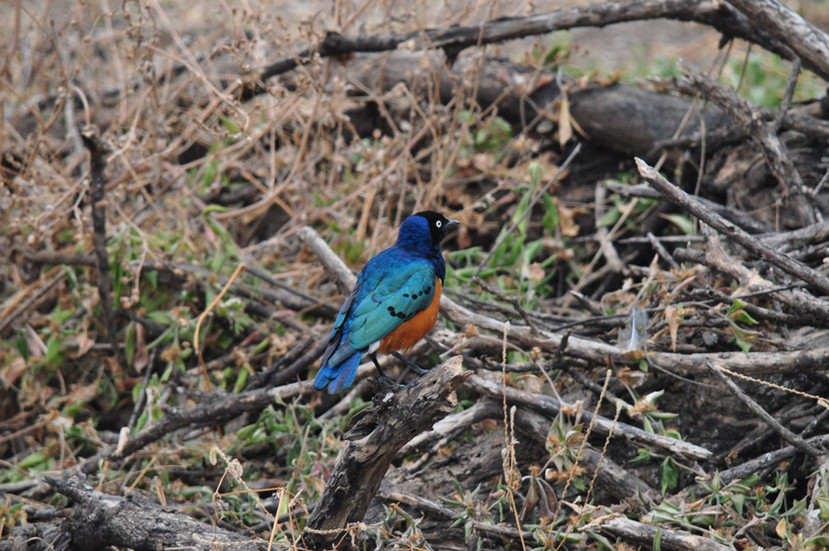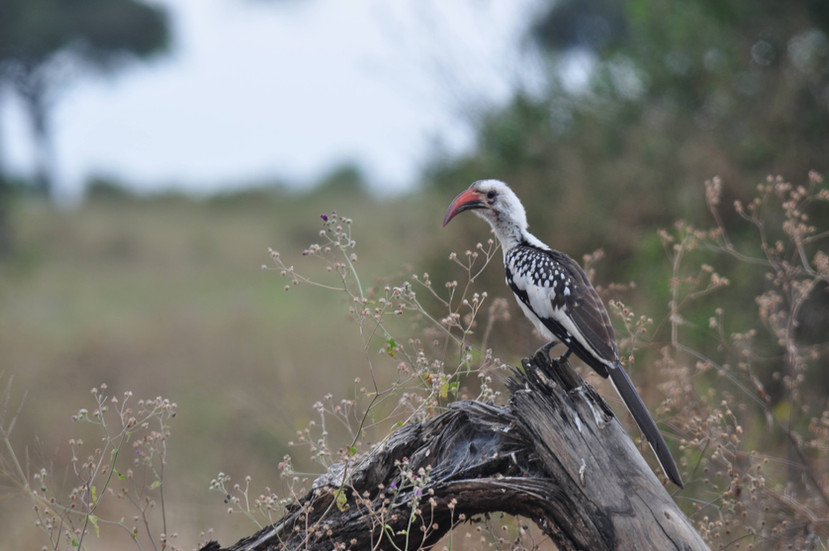Into the Wild: Safari Through Tanzania
- Tracy Enders
- Oct 24, 2025
- 5 min read
Updated: Oct 31, 2025
Some trips are planned. Others seem to line up on their own, waiting for the right moment to happen.
Our safari in Tanzania felt like both. I had always dreamed of seeing the wild up close. When my sister-in-law Karen recommended Tanzania, it felt like the right moment. When Overseas Adventure Travel (OAT), a company I had already trusted on past journeys, announced a sale, everything clicked. The timing aligned neatly into a preexisting itinerary I had pieced together, planned for Athens, Egypt, Denmark, and Germany, but Tanzania became the heartbeat at the center of it all.
Luckily, I was able to convince Michael to join me for the Tanzania tour.

From the start, this was never going to be a standard “check the box” kind of safari. OAT isn’t that kind of company. OAT’s philosophy is different. They don’t just show you places; they connect you to them. Their “Day in the Life” visits and home hosted meals bring travelers into local homes, sharing meals with families, and revealing what daily life truly looks like. Over the years, these visits have become a source of stability for many families, raising their standard of living to a more secure, middle-class level. In many places, these exchanges have changed lives. One farmer we met now sends his eldest daughter to college and his youngest to private school, and was able to purchase more cows for his compound, thanks to the income these visits provide. His farm, once modest, has grown into a foundation that supports his entire family.

Our group was just the right size—fourteen in total. Usually, these trips tend to attract seasoned travelers around our age and older, but this time there was a mix that made the experience even richer: a pair of college graduates whose close family friend had gifted them, their parents and their grandmother the trip as a graduation present, and a thirty-year-old traveling with her mother. Their energy turned quiet evenings into conversations, and long drives into rolling threads of laughter and curiosity.
The Serengeti greeted us with wide skies and the sound of life moving in every direction, figuratively and literally. Nights were spent in tented camps, the kind that bring you close enough to feel the pulse of the land. After dark, we were always escorted to and from our tents, because here, the wild does not pause for humans.

Zebras moved silently through camp. Lions passed in the distance, their presence known more by the hush they left in the air than by any noise they made. In Tanzania, about twenty percent of the land is protected as national parks or reserves, and within these spaces, the animals behave as though you are not even there. We stood in the deep, round footprints of elephants, watched lions stalk through the tall grass, and saw leopards drag their catch high into the trees to save it for later or to taunt other predators.
One of the most extraordinary “day in the life” outings was spent in a Maasai village, where time felt like it ran in layers—some ancient, some modern, all coexisting. The chief of the village was 87 years old, and his mother, astonishingly, was still alive at 117. Blind and in a wheelchair, she nonetheless carried a presence that filled the space, her voice firm as she greeted me. The Maasai are herders by tradition, believing that every cow on Earth was given to them by God. Their history is a story of movement and survival—once in Kenya, pushed out over disputes (usually over ownership of neighboring cows), always in search of pasture, always carrying the marks of their past.
We joined them in songs and dances, their chants as rhythmic as the land itself. A younger traveler in our group, Addie—who had been a high jumper in college—took part in their famous jumping ritual. It is both a dance and a kind of courtship, where the ability to jump straight into the air is seen as a sign of strength and desirability. Addie matched their leaps with ease, and the warriors erupted in excitement.
There were quieter, more personal moments too. I gifted to the Chief’s first wife a glass bowl Michael had crafted by hand. Through our guide, she told us it would be a treasure in her home, not just for its beauty, but because it had been made by my husband but given, as she put it, “from one woman to another.” This is a memory that I will forever cherish.
A “home hosted meal” visit offered another layer of understanding. On a two-acre farm, we learned how a family produces seventy percent of what they need: coffee beans dried in the sun, sorghum processed by hand, cows that not only provide milk but also power a smokeless kitchen by way of methane gas drawn from their manure. It was a remarkable system of resourcefulness—nothing wasted, everything with a place and purpose. We shopped for vegetables and sugar in the market, cooked together, in their smokeless kitchen and gathered to eat under a thatched pavilion as our host described how he balances his time between this farm and the coastal land where his family has expanded.
Tanzania, like any living place, has its complexities and contradictions. We learned about traditions that linger in shadow—female genital mutilation, while less common now, still practiced in some remote areas; the long and painful history of albino persecution, now changing but not erased; the fragile balance between wildlife and farming, where elephants can destroy a season’s crops overnight and governments negotiate compensation to protect both animal and farmer. And yet, even in these truths, there was resilience.
There were, of course, the small inconveniences that any true journey holds—the sharp smell of hippos living in open waterholes, the dust that clings to everything during the dry season, the unpredictable moments when modern comfort takes a step back. But as Michael said one evening, watching giraffes, zebras and antelope pass by our camp, “How can you look at this and have any complaints?”

Would we return? Without a doubt. This was not just a trip; it was an experience that stitched itself into our memory. Tanzania is a place that reminds you how young our modern world is compared to the old, enduring rhythms of land and animal, of family and tradition. As one of our guides said while the sun dipped low over the Ngorongoro Crater, “The animals will stay. The land will stay. It is we who pass through.”
And pass through we did—grateful, humbled, and already dreaming of when we might again.







































Comments